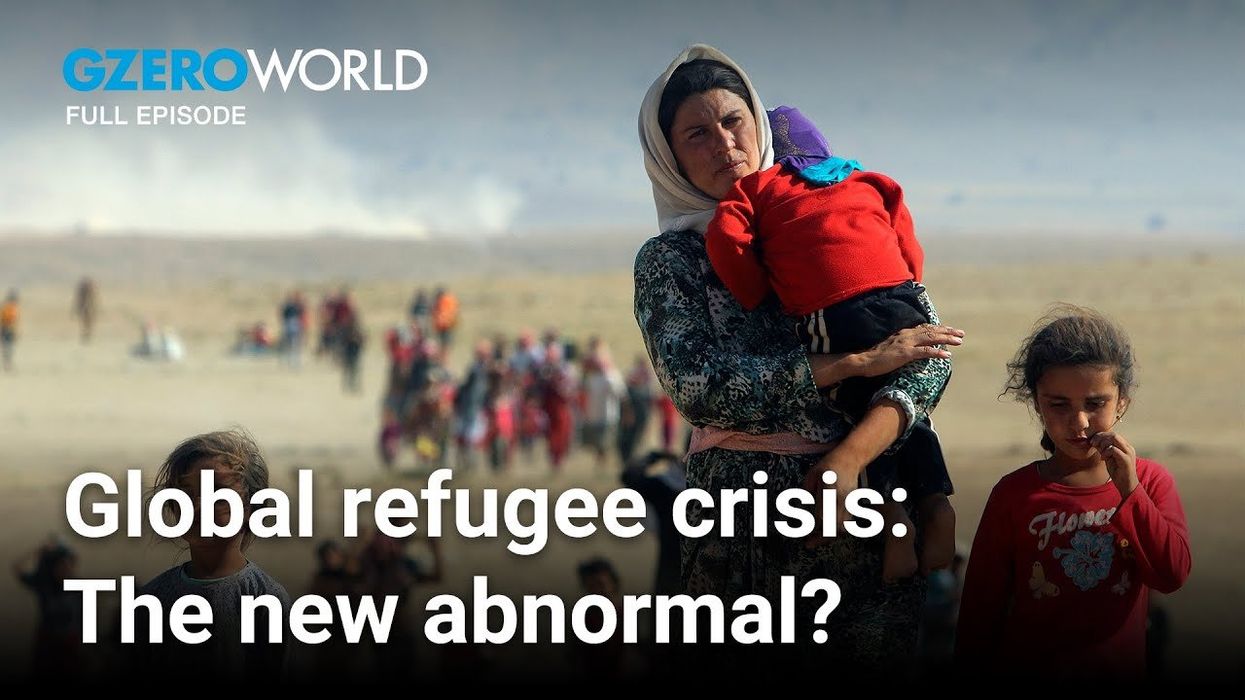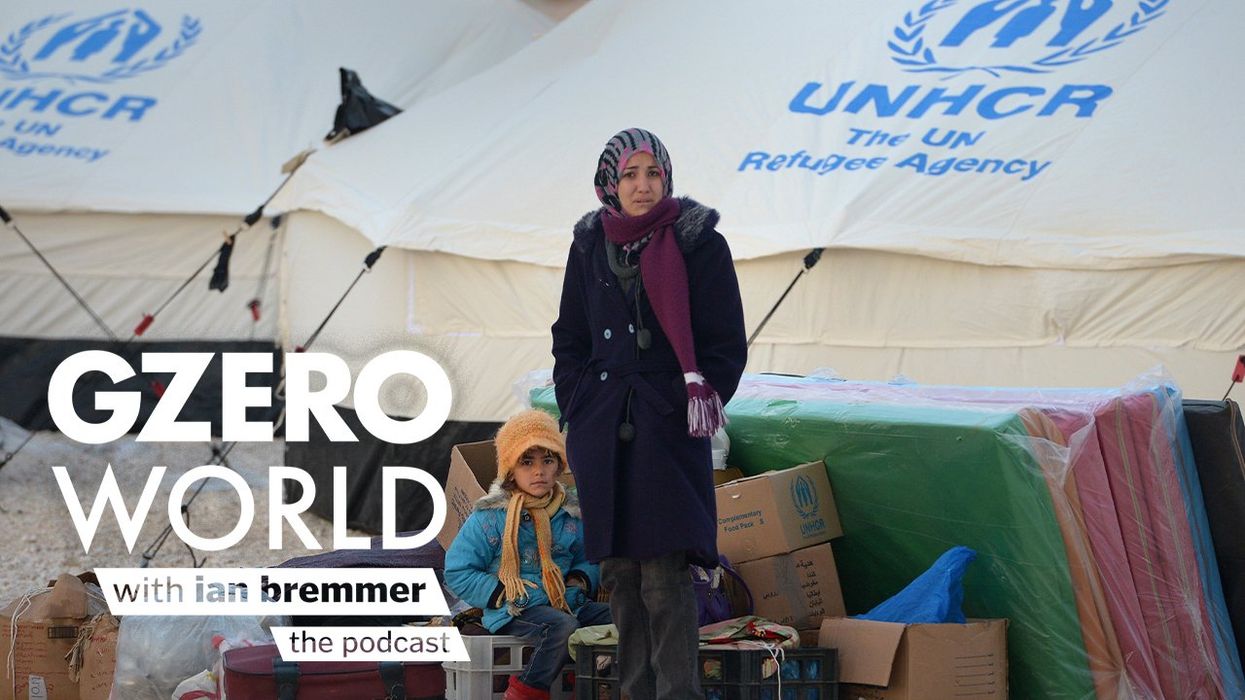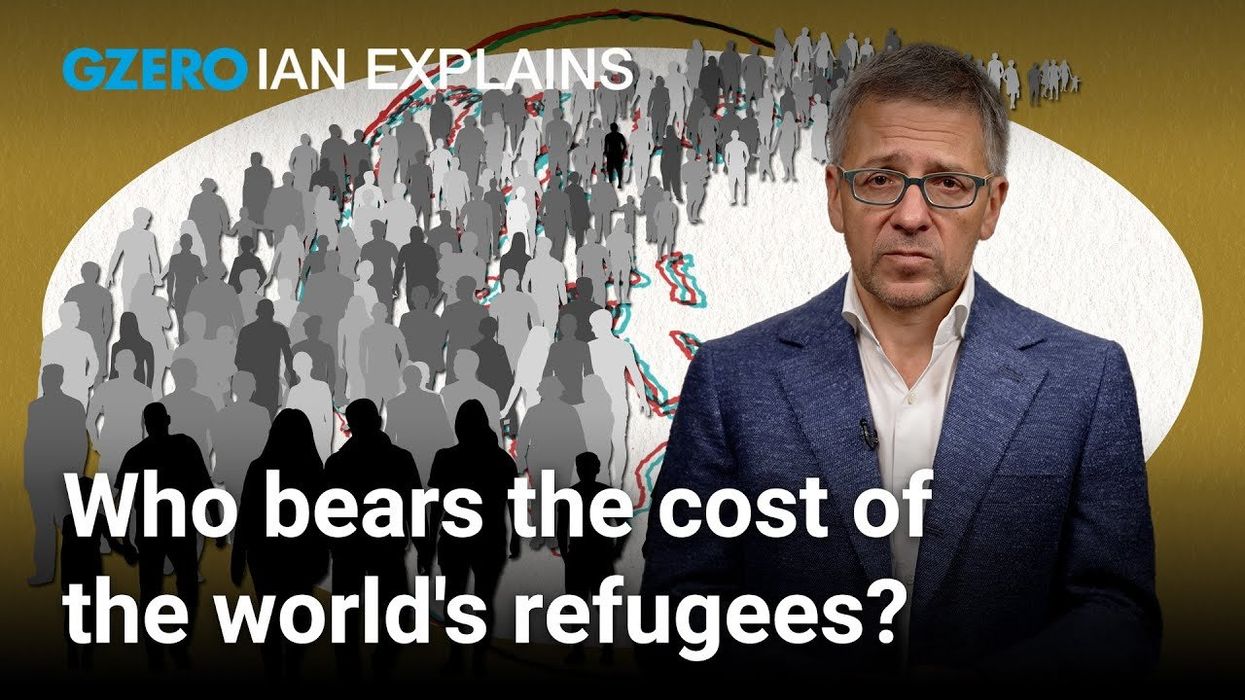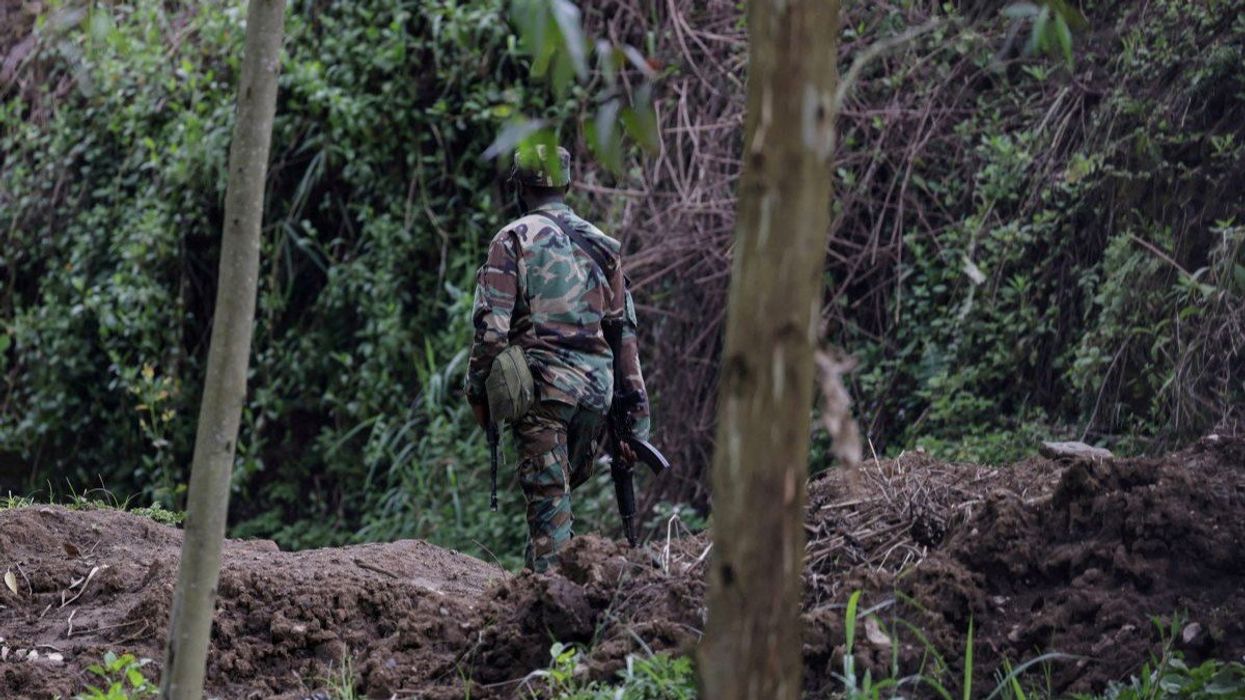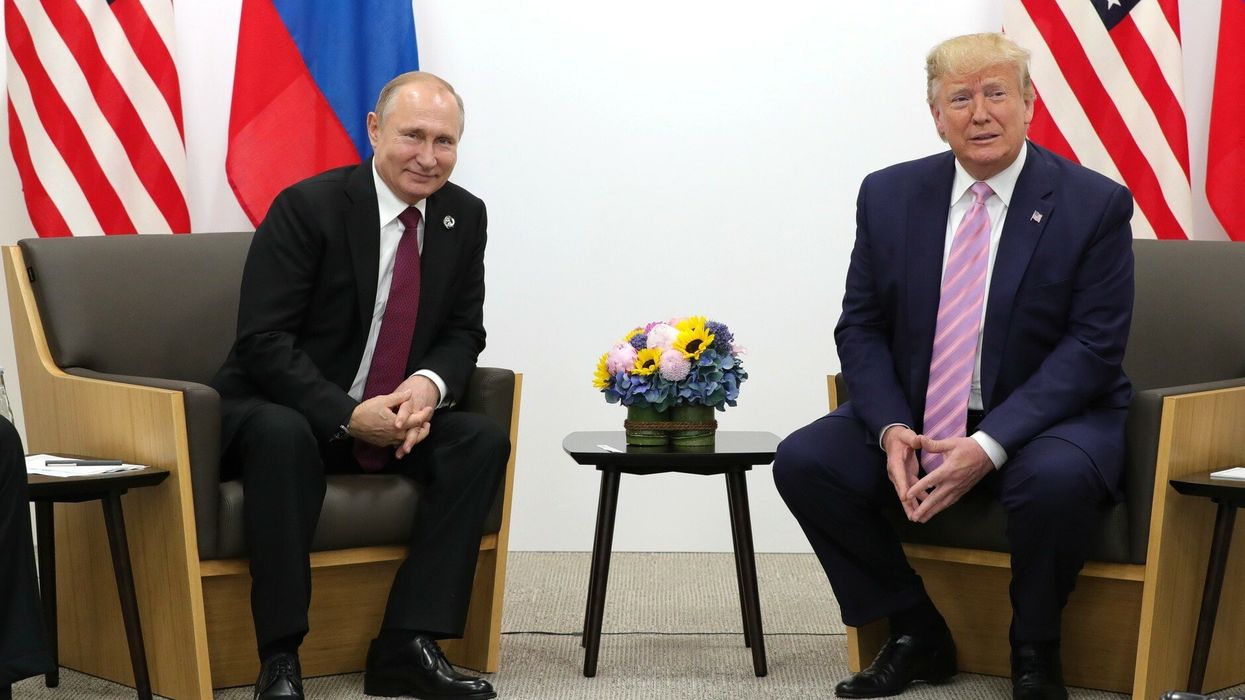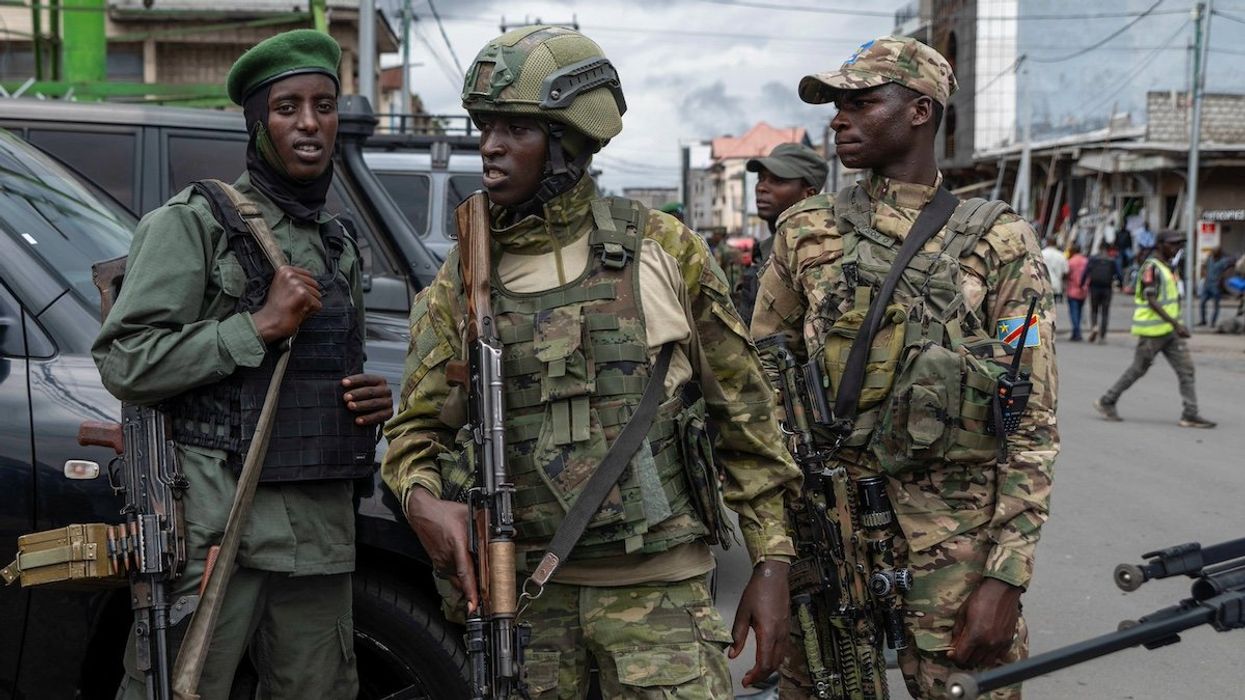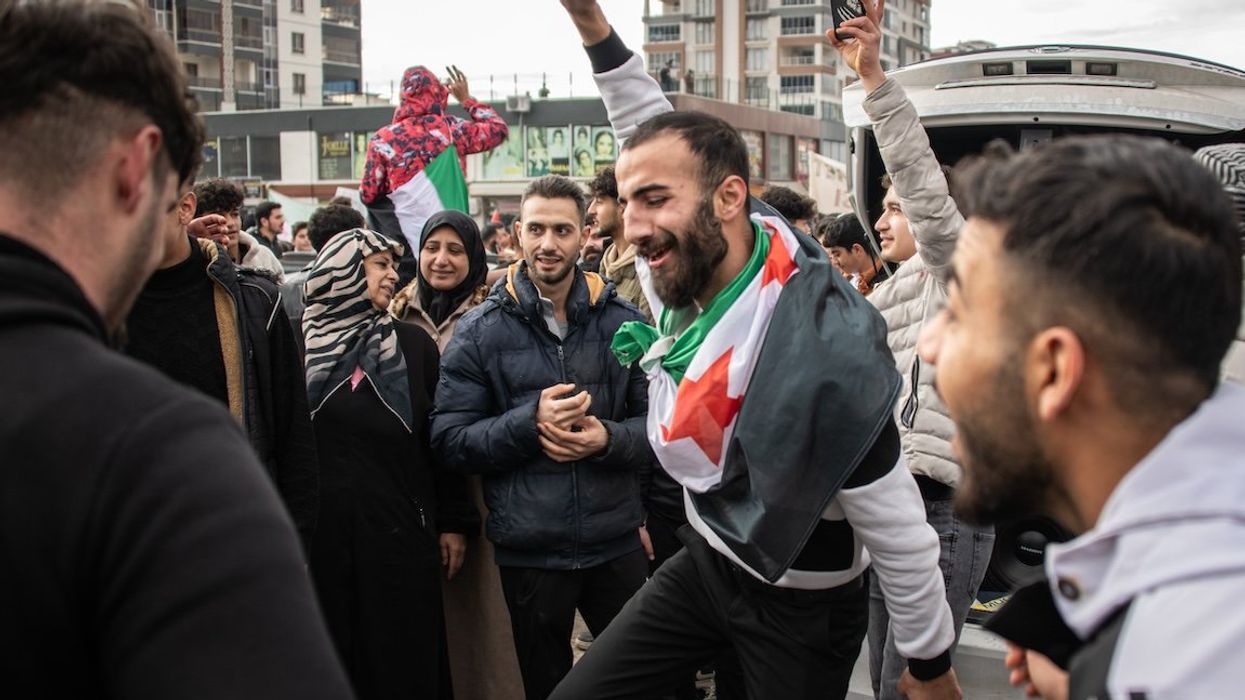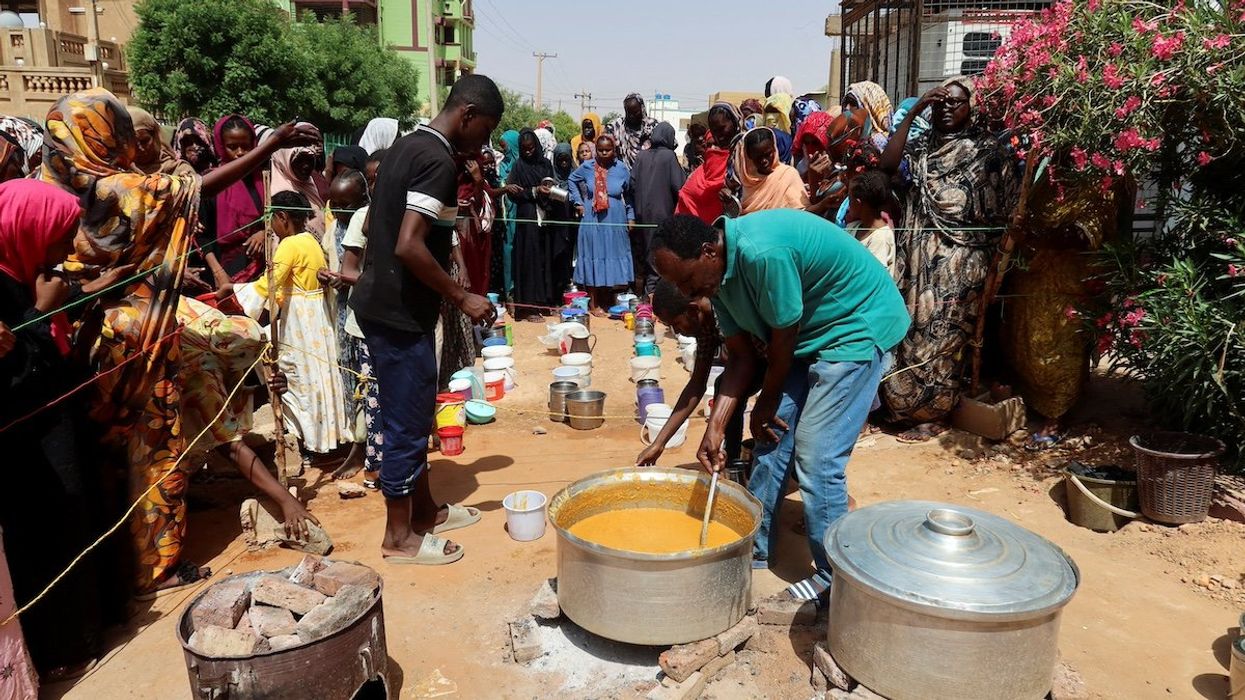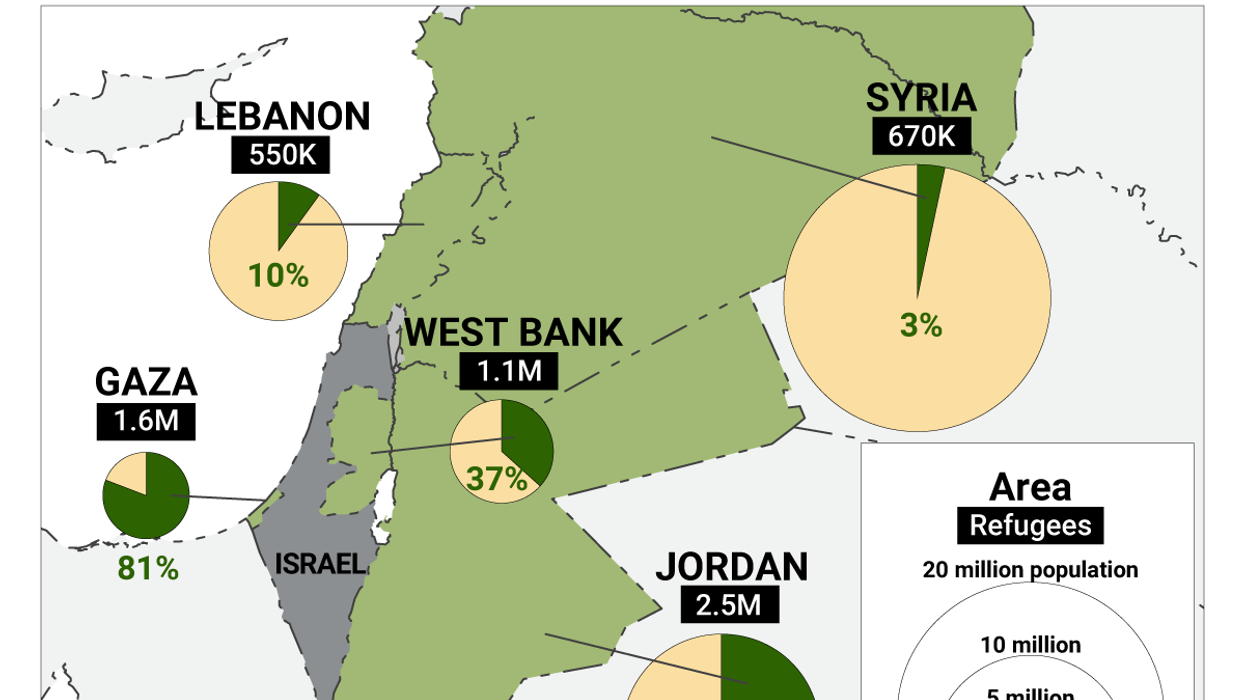GZERO World with Ian Bremmer
The global refugee crisis is at breaking point
As global conflicts surge, the refugee crisis is spiraling out of control. How is the world responding? International Rescue Committee president & CEO David Miliband joins Ian Bremmer on GZERO World.
Aug 25, 2025
